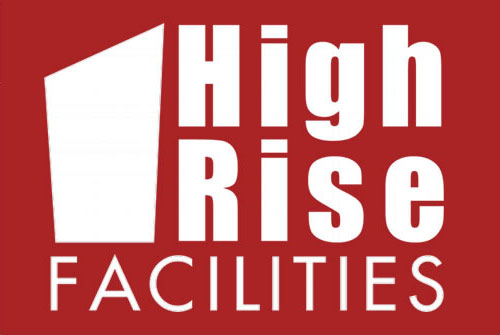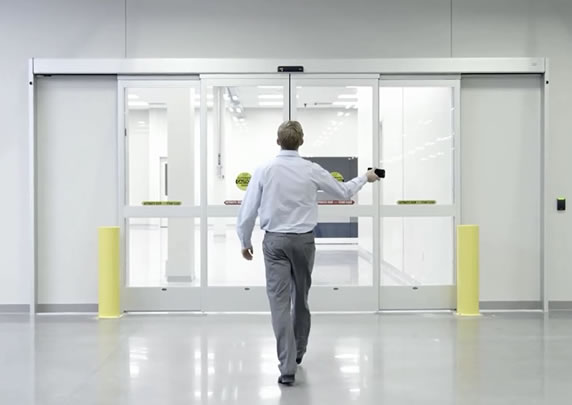When Starwood Hotels & Resorts Worldwide rolled out its new mobile access solution in November 2014, the initiative demonstrated the many benefits of replacing keys with phones for opening hotel doors. It also showcased the value of this new access control model in any large high-rise facility.
Starwood’s new system turns smart devices into trusted credentials that Starwood Preferred Guests (SPGs) can now use to open doors to their rooms. The system was initially deployed at 10 of Starwood’s Aloft, Element, and W Hotels across the globe, in markets including Beijing, Hong Kong, New York, Los Angeles, and Doha. Starwood continues to rapidly expanding its keyless rollout.
But hotels aren’t the only large facilities that can benefit from mobile access control. In October 2014, HID Global, an ASSA ABLOY Group brand, and systems integrator Datawatch Systems created a demonstration suite at a high-rise office building in downtown Washington, D.C., where prospective tenants can view mobile access capabilities very similar to those deployed at selected Starwood properties.
Visitors wishing to see the demonstration are provided with an Android or iPhone that can be used to enter and exit the suite. As part of the demonstration set-up, mobile access is also integrated with other advanced building technology to showcase capabilities that are quickly becoming a competitive advantage for property owners and managers who want to offer the best possible tenant experience by leveraging mobile phones and other smart devices. For instance, every time a visitor enters the suite using his or her mobile device and ID, load requirements are analyzed and the HVAC system and lights are adjusted accordingly. Departure of the last person triggers the control to turn off all lights.
The introduction and accelerating implementation of mobile access initiatives like Starwood’s, and the downtown high-rise demonstration suite, are among the most important industry developments of the past few years. The Starwood deployment has also validated the use of Bluetooth Smart as an easy-to-use connection solution for mobile access, enabling users to open doors either with a “tap” of their phone, or by rotating the device from a distance as they approach a mobile-enabled reader.
The latter capability is enabled by “gesture” technology, which has been piloted at organizations and as higher-education institutions, such as Vanderbilt University. In the Vanderbilt pilot, participants especially appreciated the value of the technology for opening parking gates without having to roll down their windows. Vanderbilt participants also praised the efficiency and simplicity of using the mobile IDs, mobile access apps and mobile-enabled readers, and a credential management portal that simplifies mobile ID provisioning and revoking on a variety of mobile devices.
Using the same interoperable mobile access product ecosystem as the Vanderbilt deployment, Starwood’s keyless entry system similarly includes mobile-enabled locks and readers, mobile IDs, mobile access apps, and services for managing mobile IDs on the broadest possible range of mobile phones and other smart devices.
Starwood Preferred Guests with Bluetooth-enabled phones can participate in the program by registering their phone once, using the SPG app, and allowing push notifications. Then, to use their phones for access at an SPG keyless hotel, SPG members first book a reservation and are then invited to opt-in to keyless access approximately 24 hours before arrival. A push notification informs them that they are checked in.
When the room is ready, the SPG app updates the guest with his/her room number and sends the mobile ID. Upon arrival at the hotel, the guest can then completely bypass the front desk (where available) and go directly to his or her room. Once there, the guest opens the SPG app, holds the smartphone to the door lock, waits for the solid green light, and enters the room. The process significantly improves user convenience, and since many guests can now bypass the front desk, it also gives Starwood Associates more time to engage with other guests as needed, and to deliver a more personalized level of service throughout the hotel.
Mobile access offers an exciting new way to open doors for hotel guests and high-rise tenants. The capability is spreading across a growing spectrum of businesses, universities, hospitals, financial institutions, and other organizations. As it does, mobile access is also being combined with other capabilities, such as integration with HVAC and lighting systems. The result is a combination of convenience and simplicity for the user, and improved management capabilities for property owners and facility managers.


